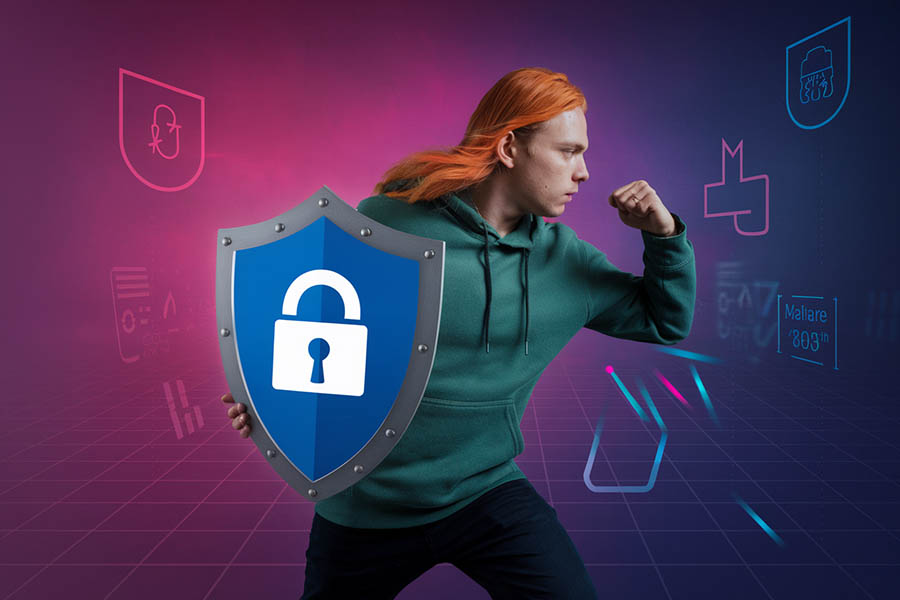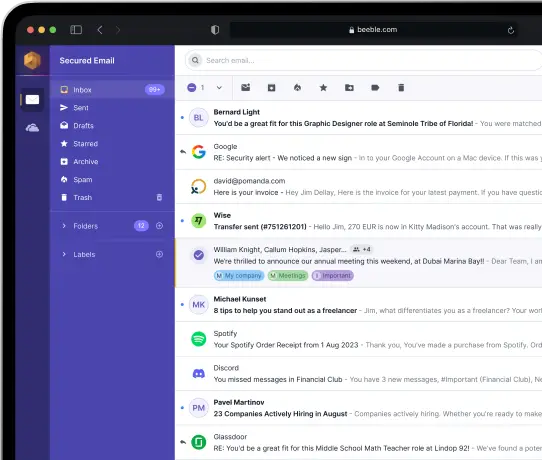Protecting Your Gaming Account: A Safe Digital Adventure

In the ever-evolving world of online gaming, securing your gaming account is not just a necessity — it’s an essential element of your digital hygiene. With gaming accounts often tied to personal data and financial information, protecting them from cyber threats is crucial.
When diving into the thrilling universe of online gaming, players step into the shoes of heroes, emperors, or adventurers. Yet, amidst the excitement, gamers cannot afford to overlook the lurking dangers of the digital world. Gaming accounts, often linked to personal identities and credit cards, are prime targets for cybercriminals. Losing access to these accounts can mean the loss of not just gaming progress but also sensitive financial data. In this article, we’ll explore common threats to gamers and provide actionable steps to ensure your account stays secure.
Common Cybersecurity Threats in Gaming
Doxing: A Breach of Privacy
Doxing refers to the unauthorized release of personal information, such as your real name, address, workplace, or financial data. Cybercriminals often use this method to intimidate, humiliate, or retaliate against individuals. Protecting your sensitive information is the first step toward staying safe.
Swatting: A Dangerous Form of Harassment
Swatting involves using your personal data to send false alarms to law enforcement, leading to unwanted emergency responses. This harassment tactic can have severe consequences, both emotionally and legally.
Cyberbullying and Stalking
The gaming world is not immune to harassment. Cyberbullying can range from verbal abuse to manipulation aimed at extracting personal data. In severe cases, stalking may transition from the virtual realm into the real world.
- Key Statistic: According to the Anti-Defamation League (ADL), more than 80% of online gamers have experienced harassment, with 69% facing severe threats like stalking or physical intimidation.
Account Theft
Gaming accounts, brimming with valuable in-game items and connected to financial platforms, are a lucrative target for hackers. Poorly protected accounts can be compromised through methods like phishing or brute force attacks.
- Phishing Attacks: Cybercriminals impersonate legitimate entities to trick users into revealing sensitive information. This can occur via:
— Email phishing: Fake emails urging users to download malicious content.
— In-game phishing: Fraudulent links shared in gaming chats. - Data Breaches: Game developers and platforms storing user data may inadvertently expose personal information due to security vulnerabilities.
Spyware and Malware
Gamers using unverified platforms may fall victim to spyware — malicious software that tracks online activities and breaches privacy. Always download games from trusted sources to minimize this risk.
Top 10 Cybersecurity Tips for Gamers
To safeguard your gaming accounts from hackers and predators, follow these essential tips:
1. Create Strong, Unique Passwords
Avoid using the same password for multiple accounts. Opt for long, complex passwords with a mix of:
- Uppercase and lowercase letters
- Numbers
- Special symbols
Pro Tip: Use a reliable password manager to generate and store unique passwords securely.
2. Enable Multi-Factor Authentication (MFA)
Activate MFA on your gaming accounts for an added layer of security. With MFA, you’ll need to verify your identity using:
- A code sent to your email or phone
- An authenticator app
3. Use a Virtual Private Network (VPN)
A trusted VPN service encrypts your internet traffic and hides your IP address, protecting you from doxing and matchmaking attacks. Certain VPNs are optimized for gaming to ensure seamless performance.
4. Maintain Anonymity
When creating gaming profiles, avoid using personal information like your real name or birthdate. Choose a neutral, anonymous username to protect your identity.
5. Limit Information Sharing
Even if you form close relationships with fellow gamers, refrain from sharing sensitive details like your location, age, or financial data.
6. Keep Game Software Updated
Regularly update your gaming software to ensure you have the latest security patches. Cybercriminals often exploit outdated systems to infiltrate accounts.
7. Use Credit Cards for In-Game Purchases
Credit cards offer better fraud protection compared to debit cards. Always review a game’s terms of service to avoid unexpected fees.
8. Download Games from Trusted Sources
Avoid unofficial or pirated platforms that may host malware. Stick to official gaming websites or platforms like Steam, Epic Games Store, or PlayStation Network.
9. Protect Personal Data When Selling Devices
Before selling or discarding your old gaming device, erase all personal data. Transfer or back up your games to a secure location.
10. Adjust Privacy Settings
New gaming accounts often default to lenient privacy settings. Customize your preferences to enhance protection from unauthorized access.
Play Safe, Stay Secure
Gaming is a thrilling escape, but it’s vital to remain vigilant about cybersecurity. By following the tips outlined above and staying informed about emerging threats, you can enjoy your gaming adventures without compromising your safety. Take proactive steps today to safeguard your accounts and protect your personal information from cybercriminals.



See you on the other side.
Our end-to-end encrypted email and cloud storage solution provides the most powerful means of secure data exchange, ensuring the safety and privacy of your data.
/ Create a free account

